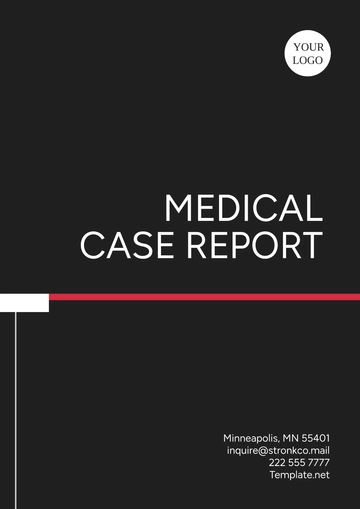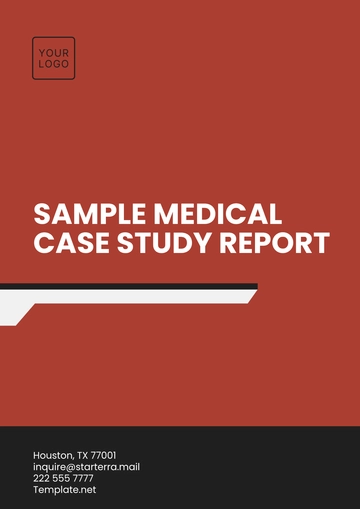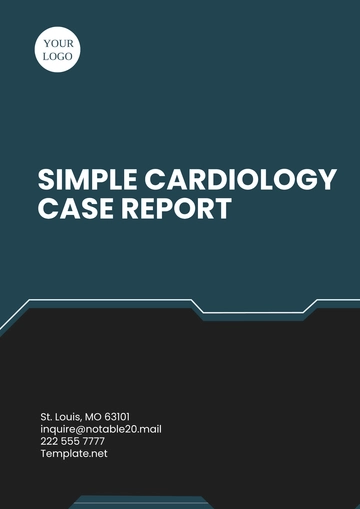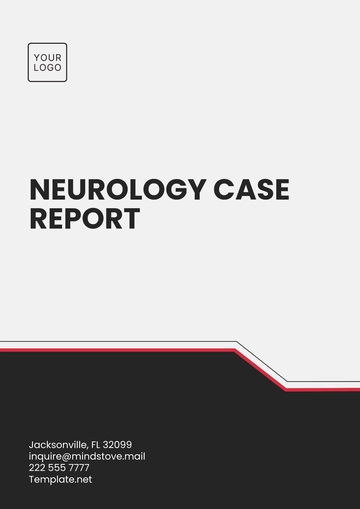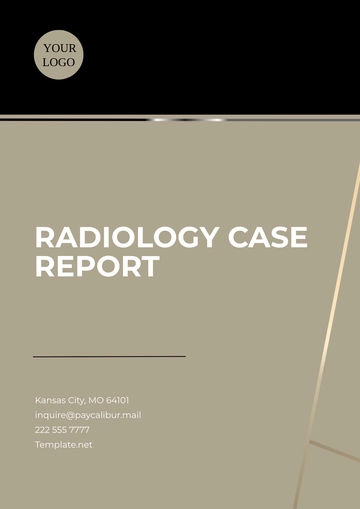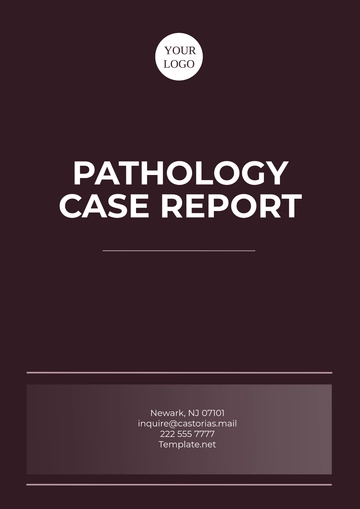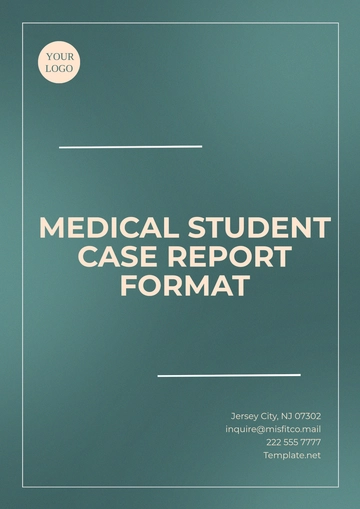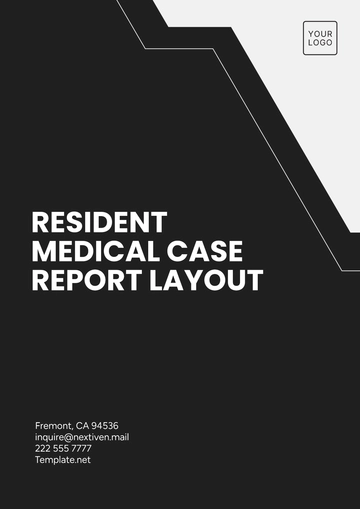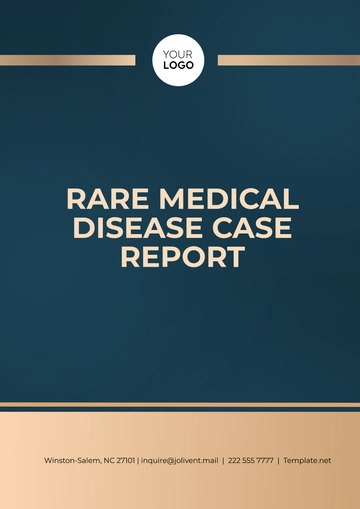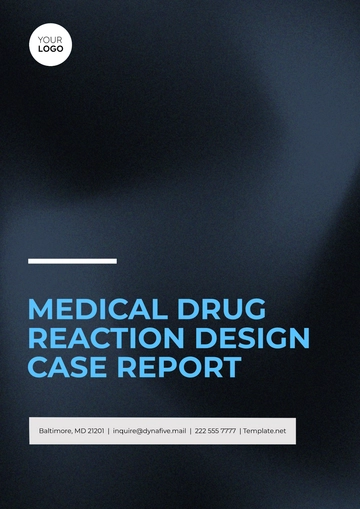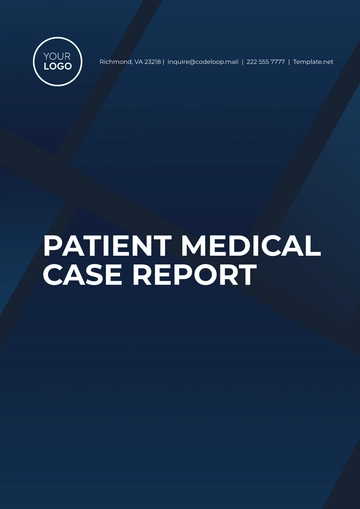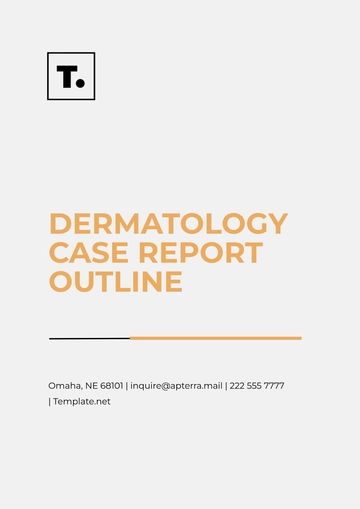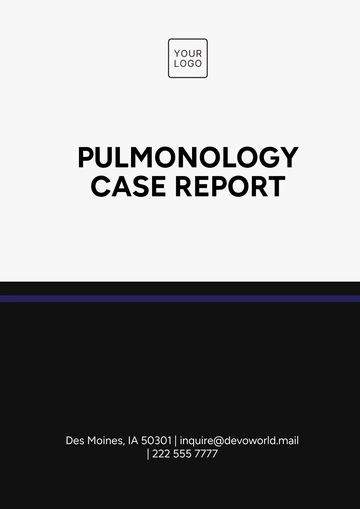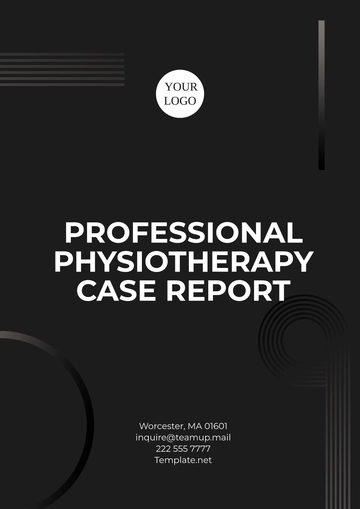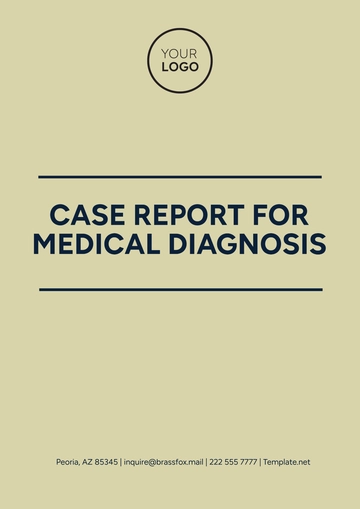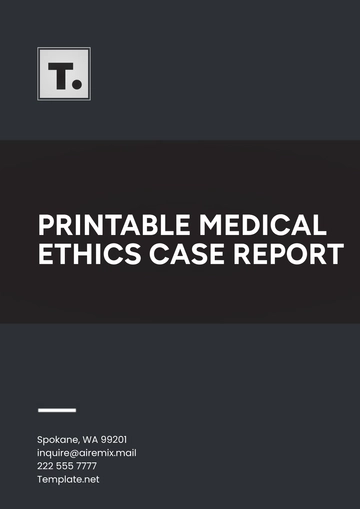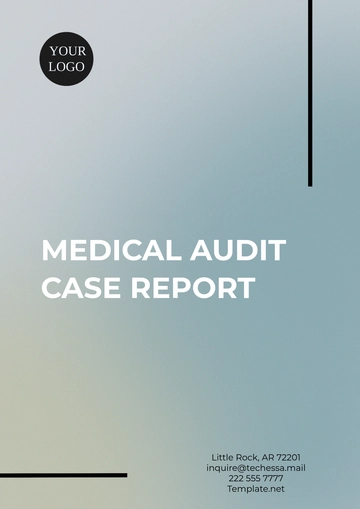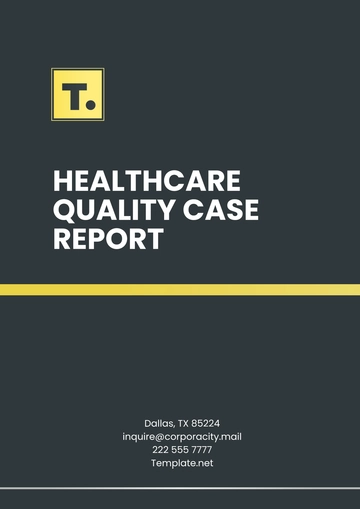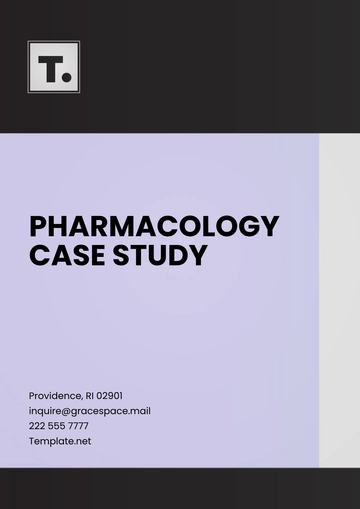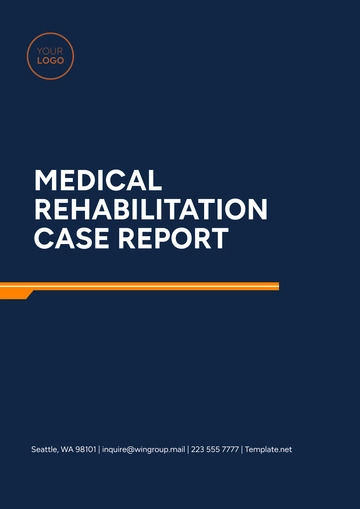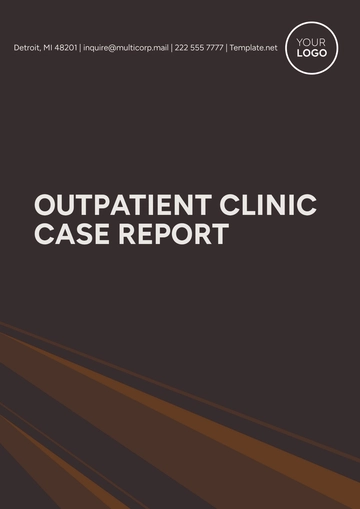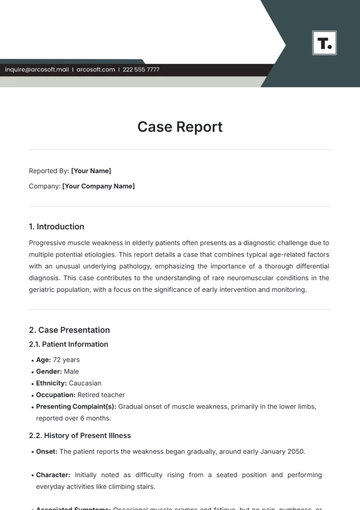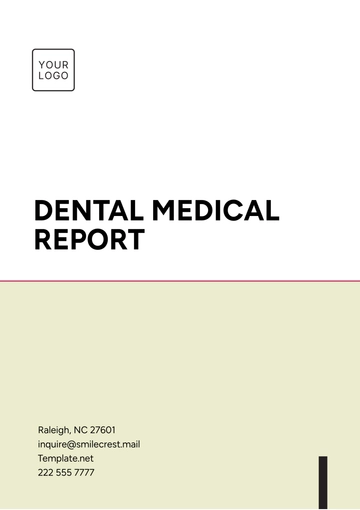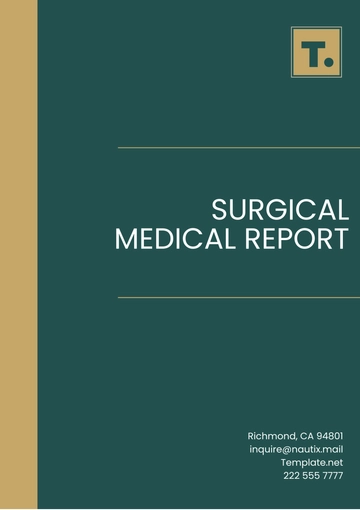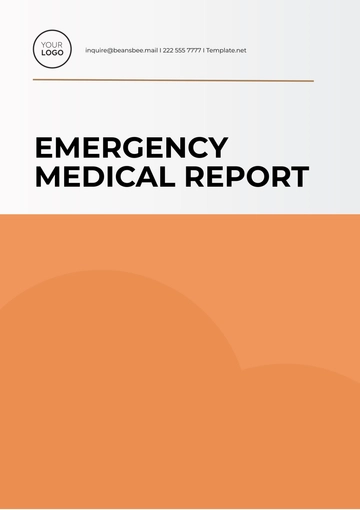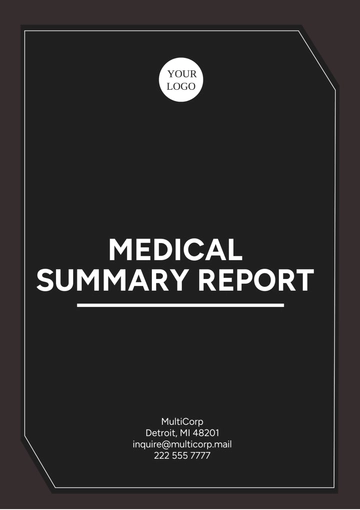Free Simple Hospital Medical Report
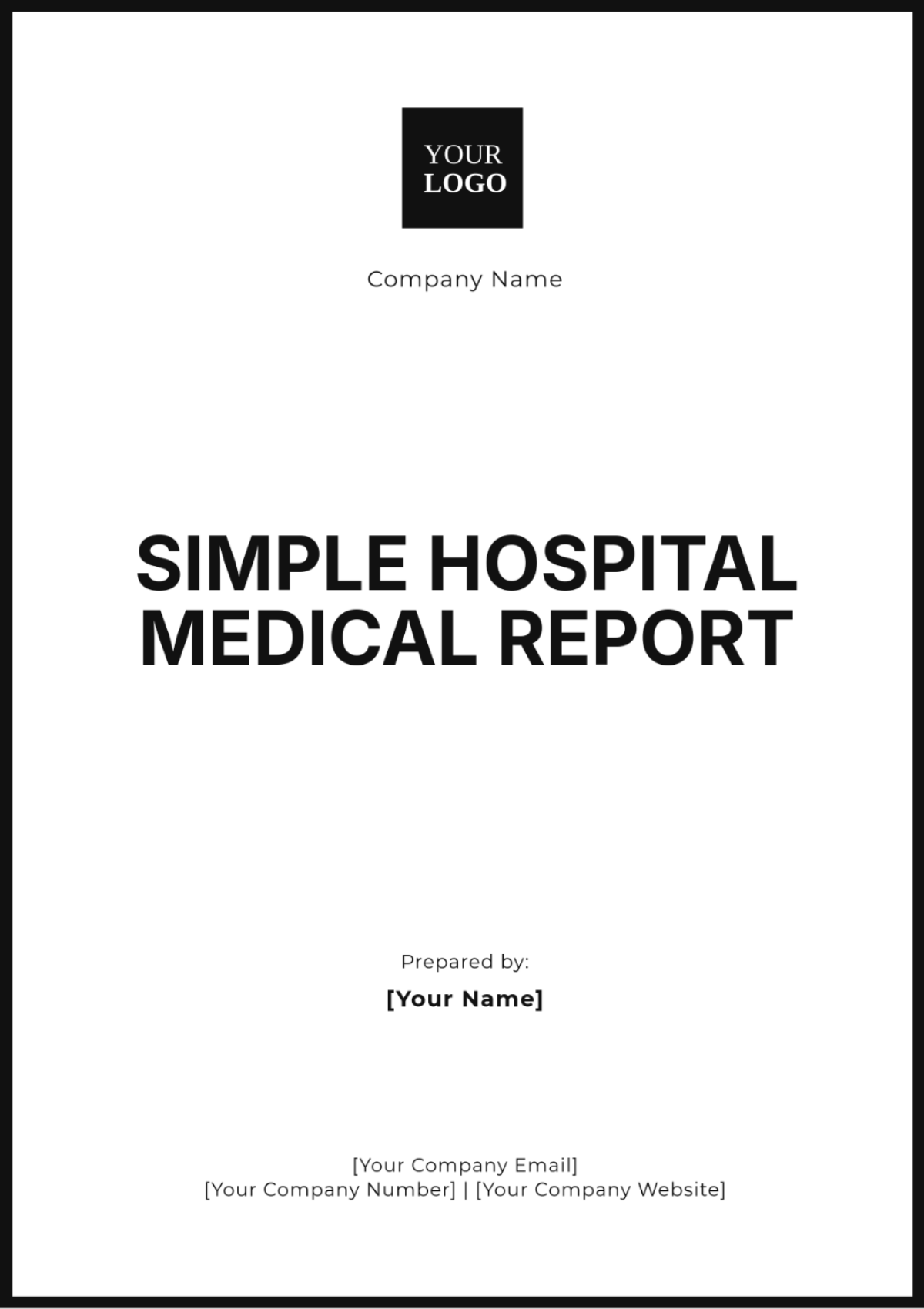
Patient Information
Name: [Patient's Name]
Date of Birth: [Patient's Birthdate]
Gender: Male
Address: [Patient's Address]
Phone Number: [Patient's Contact Number]
Email: [Patient's Email]
Chief Complaint
The patient presented to the emergency department with severe, acute chest pain radiating to the left arm and associated with shortness of breath.
History of Present Illness
[Patient's Name], a 44-year-old male with a medical history significant for hypertension and hyperlipidemia, reported experiencing a sudden onset of chest pain approximately two hours before arriving at the hospital. The pain is described as sharp and persistent, escalating in intensity with physical exertion. The patient also noted episodes of diaphoresis (sweating) and mild nausea but denies any vomiting. He has no prior history of similar symptoms or cardiac events.
Past Medical History
Hypertension: Diagnosed in 2056, managed with Lisinopril 10 mg daily.
Hyperlipidemia: Diagnosed in 2053, treated with Atorvastatin 20 mg daily.
Surgeries: None reported.
Allergies: Penicillin (causes rash).
Current Medications: Lisinopril, Atorvastatin.
Physical Examination
Vital Signs:
Temperature: 98.6°F
Blood Pressure: 150/95 mmHg
Pulse: 110 BPM (tachycardic)
Respiratory Rate: 22 RPM
General Appearance: The patient appears alert but in moderate distress due to chest pain.
HEENT: Normocephalic, atraumatic; oropharynx clear without edema or erythema.
Cardiovascular: Regular rhythm with a rate of 110 BPM; no audible murmurs, gallops, or rubs detected.
Respiratory: Slight wheezing on expiration; lung fields clear to auscultation bilaterally, no crackles or rhonchi.
Abdomen: Soft, non-tender, no distension or organomegaly detected.
Extremities: No edema; distal pulses intact and symmetrical.
Neurological: Patient is alert and oriented to time, place, and person; no neurological deficits noted.
Diagnostic Tests/Procedures
Electrocardiogram (ECG): Demonstrated ST-segment elevation in leads II, III, and aVF, suggestive of inferior wall STEMI.
Cardiac Enzymes: Troponin I levels were elevated at 1.5 ng/mL, indicating myocardial injury.
Chest X-ray: No acute cardiopulmonary abnormalities; heart size within normal limits.
Complete Blood Count (CBC): Mild leukocytosis observed with WBC count at 11,000/uL.
Assessment
The clinical presentation and diagnostic findings are consistent with an acute myocardial infarction (STEMI), likely resulting from occlusion of the right coronary artery.
Plan
Immediate Treatment Protocol:
Administer 325 mg of chewable aspirin to inhibit platelet aggregation.
Initiate intravenous nitroglycerin infusion to manage chest pain and improve myocardial oxygenation.
Prepare the patient for cardiac catheterization to assess coronary artery status and possible intervention.
Consultations:
Request cardiology consult for evaluation and management of acute coronary syndrome.
Monitoring:
Continuous telemetry monitoring for cardiac rhythm changes.
Vital signs to be monitored every hour to assess stability and response to treatment.
Follow-up:
Review lab results, imaging studies, and clinical status to guide further management decisions.
 [Your Name]
[Your Name]
Internal Medicine
- 100% Customizable, free editor
- Access 1 Million+ Templates, photo’s & graphics
- Download or share as a template
- Click and replace photos, graphics, text, backgrounds
- Resize, crop, AI write & more
- Access advanced editor
Easily assess medical risks with this Medical Risk Assessment Template from Template.net. This fully customizable and editable template ensures accurate assessments and is editable in our Ai Editor Tool, offering seamless integration into your workflow.
You may also like
- Sales Report
- Daily Report
- Project Report
- Business Report
- Weekly Report
- Incident Report
- Annual Report
- Report Layout
- Report Design
- Progress Report
- Marketing Report
- Company Report
- Monthly Report
- Audit Report
- Status Report
- School Report
- Reports Hr
- Management Report
- Project Status Report
- Handover Report
- Health And Safety Report
- Restaurant Report
- Construction Report
- Research Report
- Evaluation Report
- Investigation Report
- Employee Report
- Advertising Report
- Weekly Status Report
- Project Management Report
- Finance Report
- Service Report
- Technical Report
- Meeting Report
- Quarterly Report
- Inspection Report
- Medical Report
- Test Report
- Summary Report
- Inventory Report
- Valuation Report
- Operations Report
- Payroll Report
- Training Report
- Job Report
- Case Report
- Performance Report
- Board Report
- Internal Audit Report
- Student Report
- Monthly Management Report
- Small Business Report
- Accident Report
- Call Center Report
- Activity Report
- IT and Software Report
- Internship Report
- Visit Report
- Product Report
- Book Report
- Property Report
- Recruitment Report
- University Report
- Event Report
- SEO Report
- Conference Report
- Narrative Report
- Nursing Home Report
- Preschool Report
- Call Report
- Customer Report
- Employee Incident Report
- Accomplishment Report
- Social Media Report
- Work From Home Report
- Security Report
- Damage Report
- Quality Report
- Internal Report
- Nurse Report
- Real Estate Report
- Hotel Report
- Equipment Report
- Credit Report
- Field Report
- Non Profit Report
- Maintenance Report
- News Report
- Survey Report
- Executive Report
- Law Firm Report
- Advertising Agency Report
- Interior Design Report
- Travel Agency Report
- Stock Report
- Salon Report
- Bug Report
- Workplace Report
- Action Report
- Investor Report
- Cleaning Services Report
- Consulting Report
- Freelancer Report
- Site Visit Report
- Trip Report
- Classroom Observation Report
- Vehicle Report
- Final Report
- Software Report
